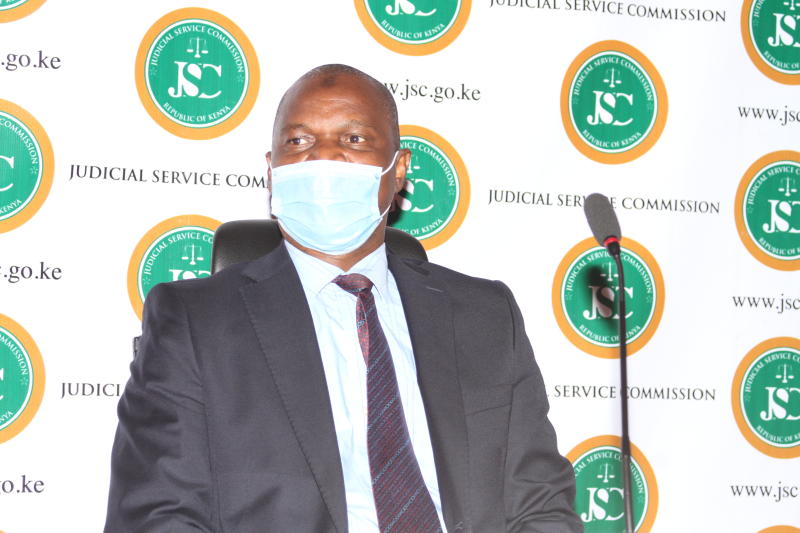×
The Standard e-Paper
Fearless, Trusted News

Kwale-born Justice Said Chitembwe flipped a Uniball SX-217 rollerball pen between his fingers and shed a few tears and wiped them dry with a serviette. But what he did not do was to promise heaven.
As Justice Chitembwe fielded questions from the nine-member Judicial Service Commission on his suitability to replace former Chief Justice David Maraga, other parties were working to terminate the proceedings.